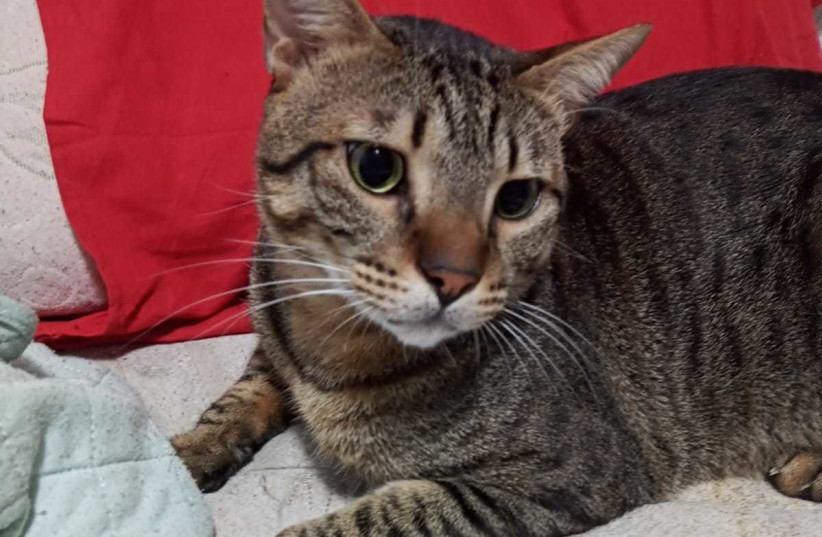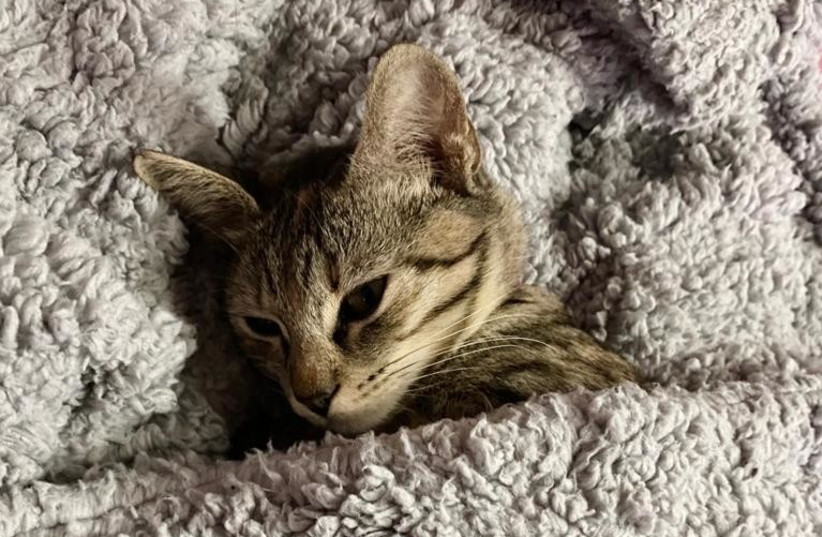Is your cat a psychopath? There's a way to find out.
Scientists at the University of Liverpool and Liverpool John Moores University have developed a new personality test, as described in a study published in the peer-reviewed academic periodical the Journal of Research in Personality.
Cats are one of the most popular pets worldwide, with owners often loving the unique quirks of their feline friends.
Cats are, by nature, hunters and carnivores, and tend to enjoy eating meat most of all. While this may be seen as adorable - because it is adorable - their tendencies to hunt and play with their prey can also come off to others as being overly cold and unempathetic.
But is your aloof, energetic feline friend a psychopath? What do their quirky and strange behaviors mean?

Now, there may be a way to find out.
Dubbed the CAT-Tri+, this feline personality test consists of 46 different statements cat-owners rate on a scale of 1-5. Some of these include cats playing with their prey rather than outright going in for the kill, or occasionally meowing for seemingly no reason.
A variety of variables are measured by this test, which culminates in determining how one's cat relates to its owners, other people and other pets.
“The questionnaire was developed using owner-provided examples of their cat’s behavior in the context of the triarchic model of psychopathy (boldness, meanness, and disinhibition),” lead researcher Rachel Evans said, according to British media.
“The final questionnaire measures five factors of feline psychopathy: boldness, meanness, disinhibition, pet-unfriendliness and human-unfriendliness.”
Evans explained that psychopathy, like all personality traits, are on a continuum.
"It is likely that all cats have an element of psychopathy as it would have once been helpful for their ancestors in terms of acquiring resources, for example, food, territory, and mating opportunities," she explained, according to Newsweek.

Now, this does not by any means indicate that all cats are devoid of empathy. Any cat-owner will testify that cats are very much capable of affection and showing love and care. However, some do so more than others, and cats tend to remain aloof.
But the diverse range of quirks cats have can make them often tricky to read. Finding a way get a better feel for a cat's personality could help owners and veterinarians take necessary steps for an individual cat.
This is not the first recent study analyzing the behaviors and personalities of our feline friends, however.
Back in September, a study from the University of Helsinki deciphered the enigmatic patterns of domestic cats, finding seven distinct personality and behavioral traits.
Both studies shine greater light on feline personality and can help ensure cats don't end up living in dangerous conditions on the streets or in shelters.
In Israel, the cat population is especially high, with estimates placing the number of cats on the street alone at over two million. However, many of these feral cats live in poor conditions, part of the reason for which could be a lack of understanding of their behavior.
